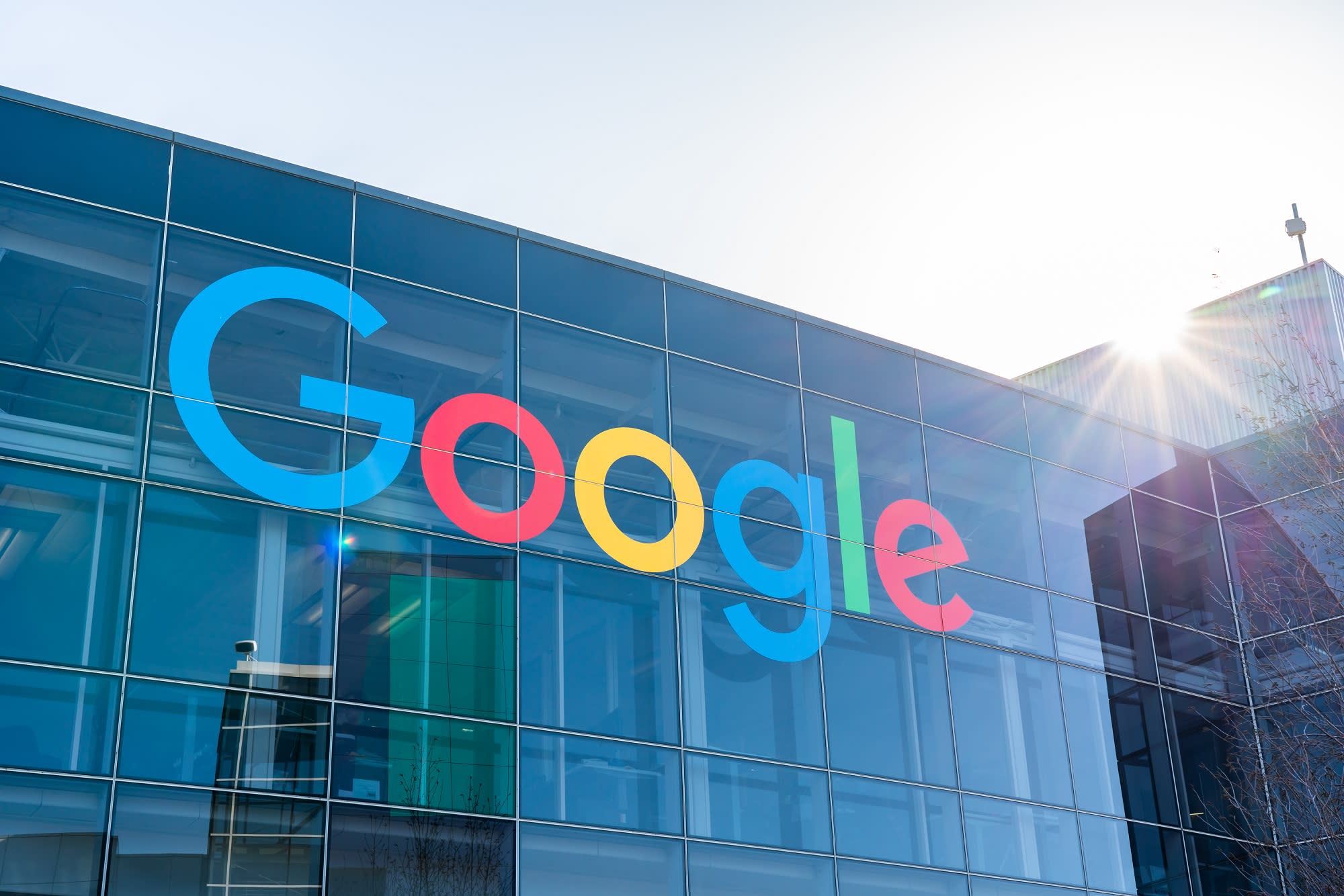
Google employees can continue to work from home until July 2021, making it the first major tech company to extend its remote-work arrangement into next summer in response to the global coronavirus pandemic.
In an email to employees Monday morning, Google CEO Sundar Pichai wrote: "To give employees the ability to plan ahead, we are extending our global voluntary work from home option through June 30, 2021 for roles that don't need to be in the office."
The announcement extends the company's previous arrangement that workers would return to offices by January 2021.
According to The Wall Street Journal, which first reported the news, the extension will affect "nearly all" of parent company Alphabet's 200,000 employees, including contractors and full-time workers, across the company's headquarters in Mountain View, California, and major offices in the U.S., U.K., India, Brazil and elsewhere.
The company has already reopened 42 offices around the world, CNN Business reports, including smaller offices in countries less affected by the pandemic, such as Australia, Greece and Thailand.
Per the Journal, Pichai came to the decision after discussing plans with an internal group of top executives. He was reportedly swayed to extend the voluntary remote option after considering employees whose families must plan for an uncertain academic year that may involve home-schooling, as well as renters needing to determine their next 12-month lease agreements.
"I know it hasn't been easy," Pichai wrote in the staff memo, after the Journal reported the impending extension. "I hope this will offer the flexibility you need to balance work with taking care of yourselves and your loved ones over the next 12 months."
Google was one of the first large companies to recommend employees work from home in early March to prevent the spread of the coronavirus. The company has previously said workers with special considerations, such as those taking care of family members, will be given more time to return when offices reopen.
In May, Pichai told Wired that Google doesn't plan to go fully remote in the future. Given this stance, Mehul Patel, CEO of the tech jobs site Hired, says Google's work-from-home extension is a "fairly predictable alternative."
"I'm not surprised by this since [Pichai] previously made it clear he had no intentions to allow employees to work from home permanently," Patel tells CNBC Make It. "It also makes sense when you consider how much hardware development Google does. We tend to immediately associate Google with online search, Google maps and other software products, but there's a whole lot of hardware development going on over there that's very difficult to do in a remote setting, so I think that likely played a role in their decision to keep their physical offices."
Meanwhile, Twitter made headlines early May when it announced employees could work from home "forever" if they wish, even after the risk of the pandemic subsides. Shortly after, Facebook announced eligible employees can request a permanent remote-work arrangement, and CEO Mark Zuckerberg estimates half of the organization will continue to work remotely within the next five to 10 years.
Other major tech companies including Amazon and Apple have asked workers to return in January 2021. But Patel says he's "absolutely" certain more major tech companies will push their return-to-office dates farther into 2021 as well.
"A lot of companies tend to wait and see what these tech giants will do and then use those signals to inform their own strategies," Patel says. "Whether they follow Google's lead or Facebook's will really depend on their own businesses' unique needs, as remote work will mean something different to every company. Some might be 100% remote, others might have distributed teams but keep a central office, some might choose to have teams work from home but only in the same time zone — there are myriad ways to approach it, but I firmly believe that remote work will remain a key business initiative for the foreseeable future."
He says Google's announcement of a return-to-office date, albeit a delayed one, might be a blow to tech workers hoping fully remote arrangements will become the norm, particularly in Silicon Valley.
"Google's announcement is one of the first signals that if you do leave [the Bay Area], you could forfeit certain professional opportunities — such as the chance to work at Google," Patel says. "On the employer side, if you're a company based in Silicon Valley and you decide to embrace permanent remote work, you could use that as a selling point to attract tech talent who have already decided to leave the Bay Area.
"Without a doubt," Patel says, "embracing remote work gives employers access to a much broader talent pool, and in turn opens the doors for great candidates who live outside the Bay Area to land jobs at companies they were previously geographically restricted from."
CNBC Make It is NOW STREAMING on Peacock. Find our original programming in the Channels section.
Don't miss:
"company" - Google News
July 28, 2020 at 04:27AM
https://ift.tt/2WYg75l
Google is the first major company to formally extend work-from-home until summer 2021—who's next? - CNBC
"company" - Google News
https://ift.tt/33ZInFA
https://ift.tt/3fk35XJ
Bagikan Berita Ini















0 Response to "Google is the first major company to formally extend work-from-home until summer 2021—who's next? - CNBC"
Post a Comment